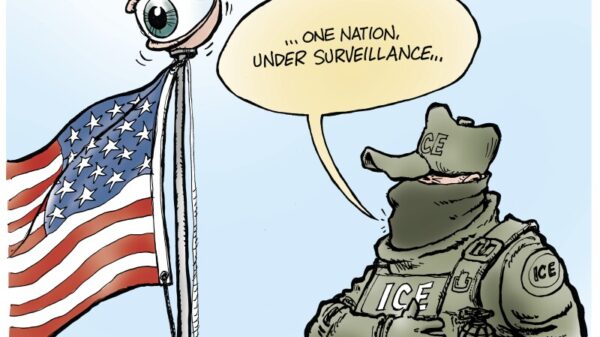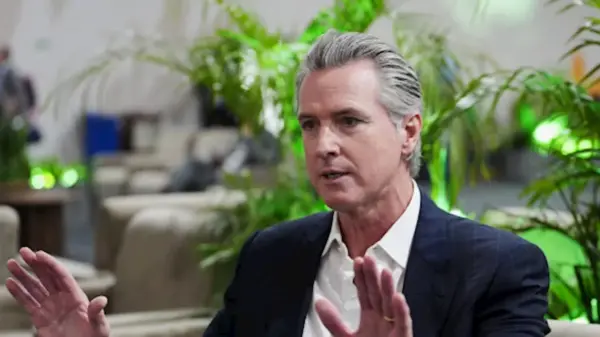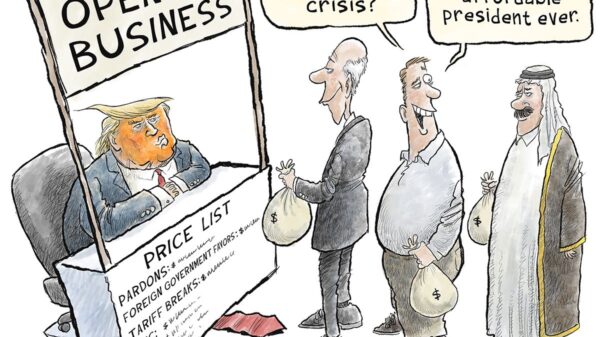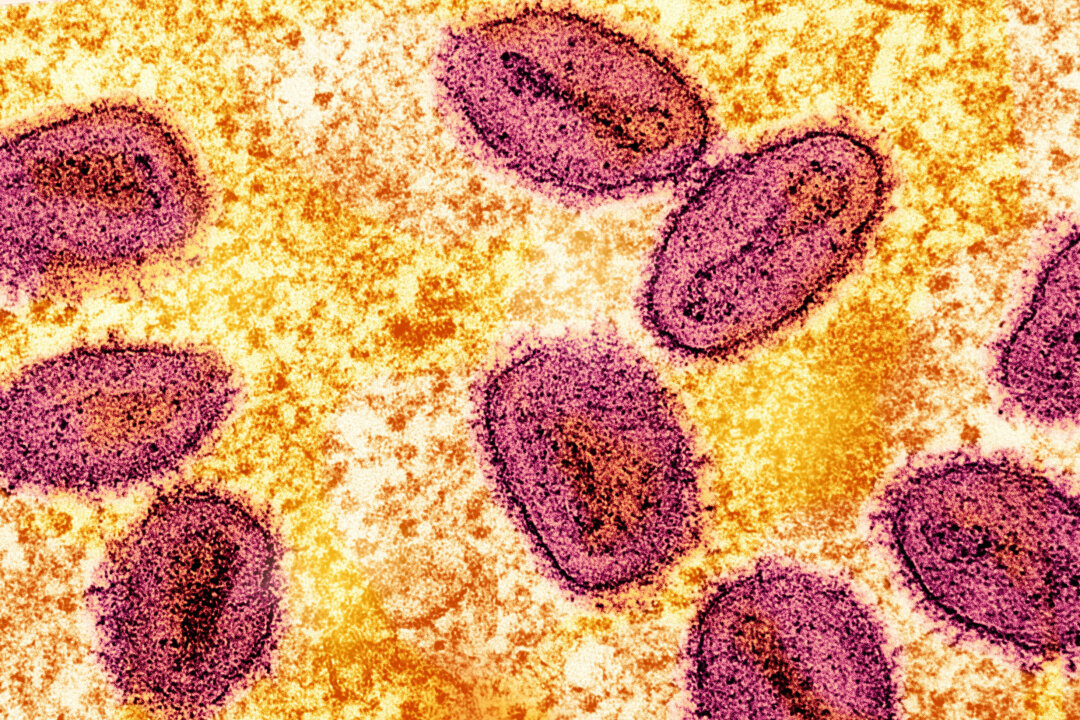The World Health Organization (WHO) reported that there were a total of 3,135 confirmed monkeypox cases worldwide in September 2023. This surge in cases was predominantly noted in the African region, which accounted for over 80 percent of the reported infections. The data, released on October 30, 2023, shows that these cases emerged from 42 countries and included 12 deaths.
From January to September of this year, the WHO documented 44,299 confirmed cases across 93 nations, resulting in 180 deaths globally. This alarming trend raises concerns about the continuing spread of the virus and its implications for public health.
New Cases and Clade Detection
The report highlights that several countries have reported their first detections of the clade Ib monkeypox virus (MPXV). These nations include Malaysia, Namibia, the Netherlands, Portugal, and Spain. The emergence of this variant signifies a potential shift in the epidemiology of monkeypox, necessitating close monitoring and response strategies.
Additionally, new imported cases of monkeypox associated with clade Ib MPXV have been identified among travelers in Belgium, Canada, Germany, Italy, Qatar, and Spain. These developments underscore the importance of international cooperation in addressing the monkeypox outbreak, especially as global travel resumes post-pandemic.
The WHO’s ongoing surveillance and research efforts aim to understand the transmission dynamics of the virus, particularly as it adapts and spreads to new regions. The agency emphasizes the need for improved public health measures to mitigate the risk of further outbreaks.
As countries continue to respond to the monkeypox situation, the WHO encourages nations to enhance their surveillance systems and engage in community education regarding prevention strategies. The organization is committed to providing guidance and support to affected regions and nations.
The findings from September serve as a critical reminder of the importance of global vigilance and collaboration in combating infectious diseases. As the situation evolves, the WHO will continue to monitor developments and provide updates on this public health concern.






































































